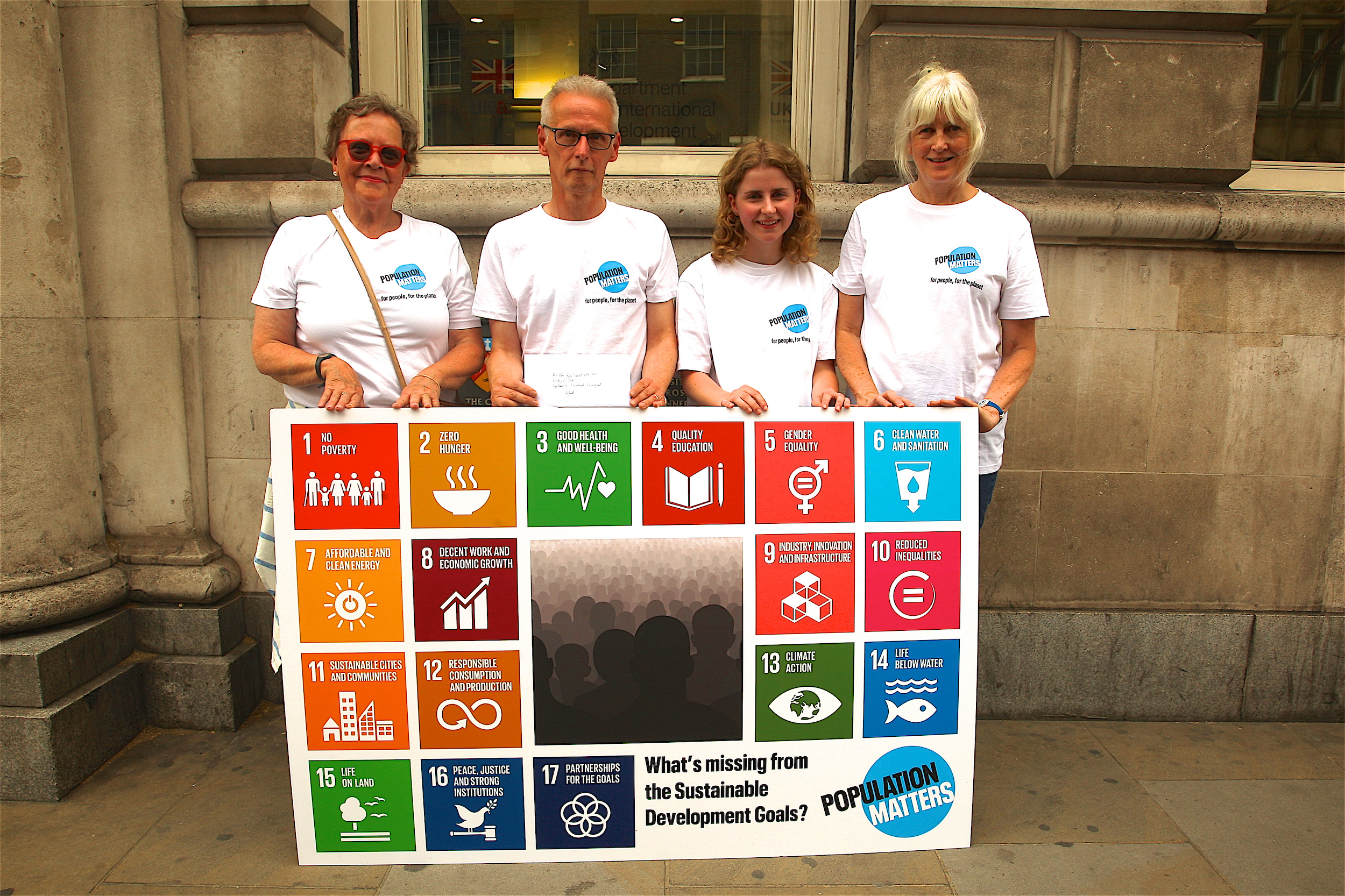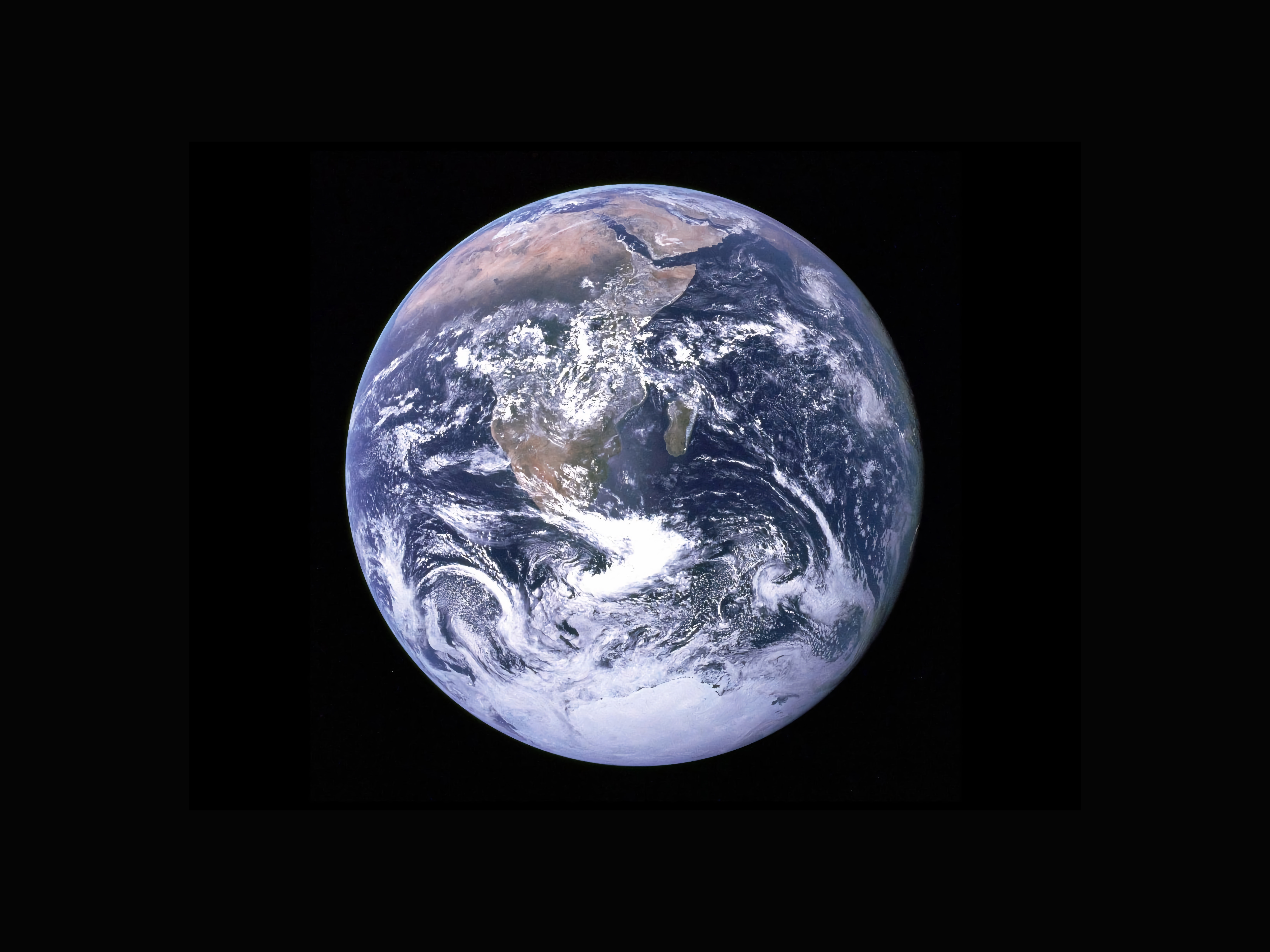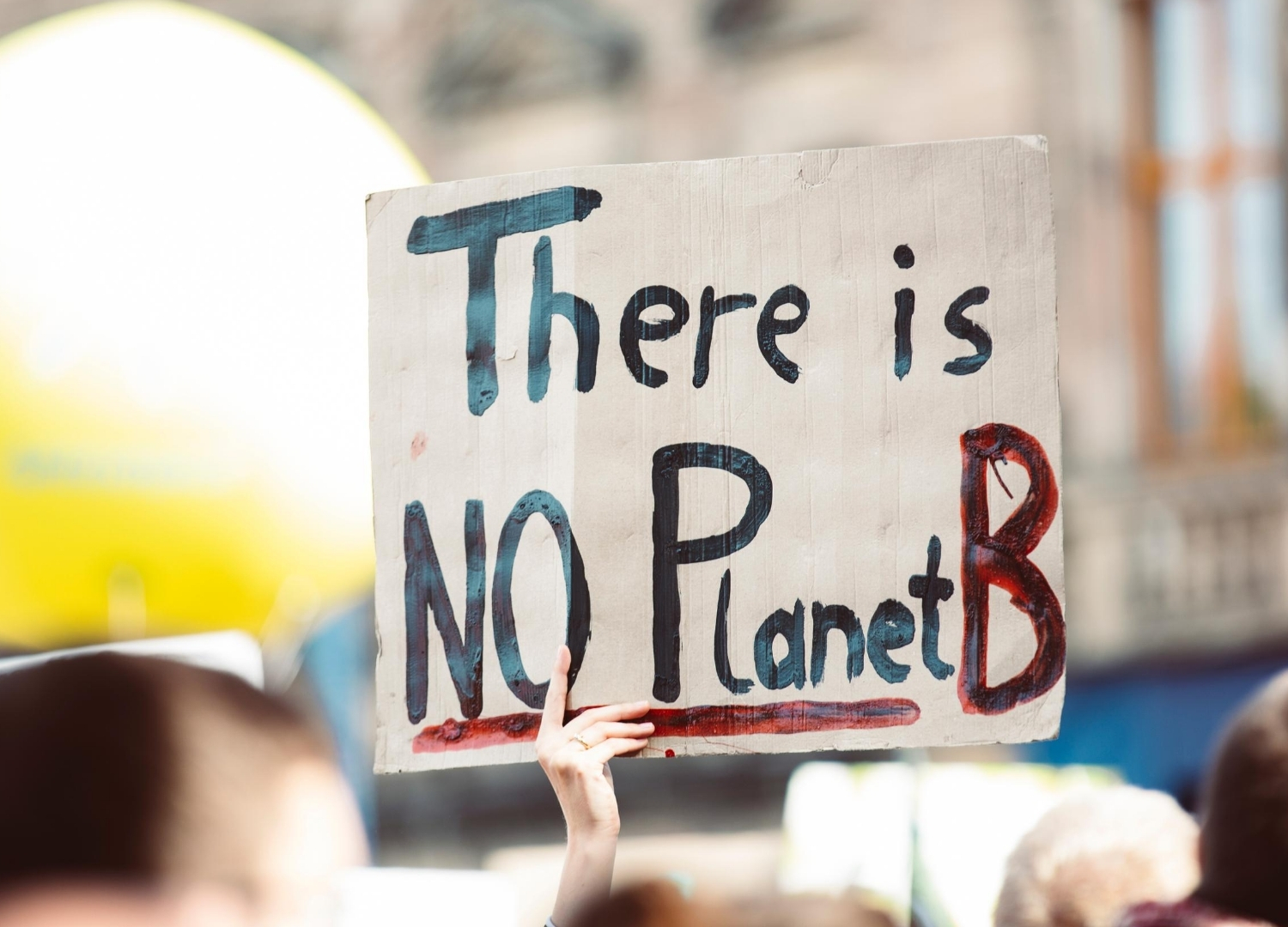
Happy birthday, but more to do before we blow out the candles
We’ve been committed to raising the profile of population and our collective impact on Earth since 24 July 1991, and though a cynic might consider it counter-intuitive for us to celebrate, that cynic would be ignorant of our unerring dedication to help create a better world for people everywhere, and the positive difference we are making.
On our 30th birthday, our Director Robin Maynard reflects on Population Matters’ work and all the essential issues our campaigns address.
Everyone and every organisation deserves to have their birthday celebrated, most certainly Population Matters!
A cynic might consider it counter-intuitive that an organisation concerned about the growing numbers of people on our planet, along with the overconsumption of resources (especially in the rich, developed world), and the consequent unravelling of life-supporting ecosystems should celebrate its own or anyone else’s birthday. But only someone ignorant of PM’s mission to bring about a ‘better world’ for people everywhere, in harmony with and respecting the other species with whom we share this one, habitable planet in the known universe. A mission as true today as when Population Matters was ‘born’ 30 years ago, to be specific on 24 July 1991, and with its first supporters’ magazine produced under that positive, forward looking title of ‘Better World’.
Holding our course
Resilience, optimism and a capacity to stay the distance are necessary qualities for any individual or organisation seeking to catalyse positive change. Change requires persuading people, institutions, politicians to do things differently, indeed simply to listen and take you seriously in the first place, as well as having to confront and challenge those with vested interests in ‘business as usual’. Overcoming inertia and the human trait to hope that things aren’t quite as bad as they seem, so avoiding having to change habits and adapt lifestyles anytime soon, are other major hurdles. As is politicians’ default instinct ‘to kick the can down the road’.
Growing public awareness and activity globally
Those were the challenges for PM’s founders 30 years ago, challenges that the organisation has resiliently chipped away at and made real progress on. More people now support our mission, receive our messages, and add their voices to our efforts and actions:
- Today, PM has nearly 4,000 members supporting our efforts through their regular donations
- Over 18,000 people have signed up to receive our monthly e-mail updates
- Our website gets over three-quarters of a million visitors annually from over 230 countries. Over 60% of those visitors are in the critically important age range of 18-34 (i.e. the age when making decisions around family size, 37% of them within the 18-24 age range, even more important for reaching ahead, so enabling to make informed choices).
Through our Empower To Plan initiative, which showcases and helps crowdfund grassroots projects providing family planning choice alongside environmental improvements to communities globally, PM is actively working with partners in Africa, Asia, Eastern Europe, Latin America and the UK.


Scientific Underpinning
Underpinning PM’s mission, adding credibility and legitimacy to our messages and reinforcing the value of those collaborative partnerships, we have assembled a supporting body of science acknowledging the factor of human population growth (in harness with overconsumption) in exacerbating biodiversity loss, worsening climate change, and undermining women’s rights and global justice.
Over 20,000 scientists from multiple disciplines and 184 countries worldwide issued the World Scientists’ Warning in 2017, which included this unequivocal statement:
“By failing to adequately limit population growth, reassess the role of an economy rooted in growth, reduce greenhouse gases… humanity is not taking the urgent steps needed to safeguard our imperiled biosphere. It is also time to reexamine & change our individual behaviours, including limiting our own reproduction (ideally to replacement level at most).”
World on fire
For all those positive endorsements of our mission and messages, progress in raising awareness of the issue of population, the collaborative delivery of practical projects genuinely making people’s lives and ‘worlds’ better, it is not the flames of 30 birthday candles that I and colleagues at PM are most focused on, but rather the flames of the wildfires ripping through California’s remnant forests, wildfires that have also been raging over recent months in Australia, Canada, Siberia, and here in the UK on the Yorkshire Moors – and no doubt, will flare up again. Flames that desperately need dousing by the contrasting, but no less destructive ‘once in 200 years’ downpours and floods sweeping away homes, roads and lives in other parts of the world: across Europe, India and most recently in China. Fire and flood. Two sides of the same coin. Nature is calling in her debts from our profligate species.


30-year vision, 3-year goals
Faced by the increasing and undeniable images of extreme weather events manifesting the climate crisis, as forecast by scientists like James Hansen, the NASA climate scientist who warned the US Senate 30 years ago of the consequences of inaction, the world is waking up. John Kerry, the US Climate Envoy addressing the media in London 100 days ahead of the COP26 climate talks in Glasgow acknowledged the inertia:
“We are forewarned – everything the scientists have been telling us will happen for 30 years now, is happening – but bigger and faster than predicted.”
And the scientific consensus, as per the World Scientists’ Warning, is that humanity has just another 30 years to avoid what Kerry described as a collective, “mutual suicide pact”. PM has aligned our forward strategy to that 30-year time frame, identifying achievable, realistic goals at the 3-, 10- and 30-year markers to work towards and catalyse bigger, better, broader change throughout society, at individual, national and global levels.

Research: proving what’s possible
Thanks to our higher profile, PM has secured sufficient funding from our supporters over the past year to commission the organisation’s first piece of primary research focused on identifying and testing the solutions for achieving one of those key goals:
To bend down the UN’s long-term forecast for global human population closer to or below its ‘low’ projection of 7.3 billion people on our planet, rather than its medium projection of c.10 billion or, god forbid, over 15 billion! We believe that is practically possible and affordable. Our research, ‘Population Futures’, led by a team of academics from across the world, will set out how.
One obvious solution and contribution to achieving that end, crying out to be addressed, is enabling the 270 million women and girls in the world currently lacking choice over and access to the means to manage and make decisions over their own fertility to have that basic right.
The technology is readily available in the form of safe, cheap, modern contraception. The annual cost of meeting that unmet need for family planning has been estimated at $12.6 billion (around $10 or £7 per woman), which is coincidentally less than the entire amount spent by the UK government on its not very successful ‘Track and Trace’ programme as part of its measures to combat Covid-19. Empowering those women to have autonomy over their own bodies is a bigger, more deeply embedded cultural obstacle, but one we will confront working with our global partners.


Mission Earth
At least ‘Track and Trace’ was intended to save lives and curb the pandemic. The other distracting flames in my line of sight have been the propulsion jets blasting two (followed by a third anytime soon) billionaires and their egos to the edge of space. Jeff Bezos reputedly spent $5.5 billion to blast himself and three others 60 miles above the Earth for four minutes; Richard Branson blew a similar amount for his 50 mile-high, five-crew ‘space tourism’ jaunt. Along with fellow ‘Space Baron’ Elon Musk, the trio could have covered the annual costs of that unmet need for family planning, made up the shortfall of the Covax programme to vaccinate a couple of billion of the poorest people in the world (still unprotected from Covid-19), and probably chuck in the planting of a billion or so trees at $1 a sapling (off-setting a little of the vast amounts of greenhouse gases emitted by what are difficult not to interpret as giant metal phalluses propelling ageing men into the void of space…).
In contrast, PM’s mission is firmly grounded on Earth, focused on making this fragile, stressed, yet still beautiful and living planet, a better one for current and future generations of people and sustaining the incredible diversity of wildlife we share it with and depend upon.
As far as I’m aware, none of those ‘Space Barons’ are building a spacecraft ‘Ark’ capable of taking 7.8 billion people along with viable populations of the millions of other species estimated to make up life on Earth to Mars or anywhere else…
I look forward to working with you to cool and ultimately extinguish the flames threatening our planet and so truly be able to celebrate 30 years hence our part in creating a ‘Better World’.
Thank you for your resilience, optimism and energy in supporting us!
